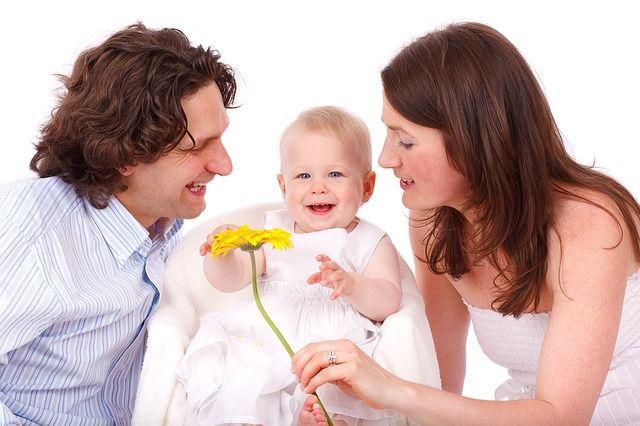Modern Parenting Stalls Healthy Brain Development, Researcher Claims

Modern parenting may be stalling healthy brain and emotion development in children, a researcher claims.
New research presented at a symposium at the University of Notre Dame revealed that modern social practices and cultural beliefs are preventing healthy brain and emotional development in children.
"Life outcomes for American youth are worsening, especially in comparison to 50 years ago," Darcia Narvaez, Notre Dame professor of psychology, said in a statement.
Narvaez, who specializes in moral development in children and how early experiences influence brain development said that "ill-advised practices and beliefs," which have become rampant in modern society, are negatively affecting the future generation.
"Ill-advised practices and beliefs have become commonplace in our culture, such as the use of infant formula, the isolation of infants in their own rooms or the belief that responding too quickly to a fussing baby will 'spoil' it," she said.
Researchers said that certain early, nurturing parenting practices are linked to specific healthy emotional outcomes in adulthood.
"Breast-feeding infants, responsiveness to crying, almost constant touch and having multiple adult caregivers are some of the nurturing ancestral parenting practices that are shown to positively impact the developing brain, which not only shapes personality, but also helps physical health and moral development," Narvaez explained.
Previous studies have found that responding to a baby's needs, like not letting a baby "cry it out", has been shown to positively influence the development of conscience. Past research has also shown that positive touch affects stress reactivity, impulse control and empathy, free play in nature to improvements in social capacities and aggression and a group of supportive caregivers, beyond the mother alone, to improvements in IQ, ego resilience and empathy.
What's troubling is that the U.S. has been on a downward trajectory on all of these parenting characteristics, Narvaez said.
She said that instead of being held, babies are spending significantly more time in carriers, car seats and strollers than they did in the past. She adds that only about 15 percent of mothers are breast-feeding at all by 12 months, extended families and relatives are broken up and the time children spend on free play has decreased dramatically since 1970.
Researchers said the rising rates of anxiety, depression, aggressive behavior and delinquency in young children and the decrease in empathy, as shown among college students in recent research correspond to the rise these harmful modern caring practices.
However, Narvaez says that there is still hope for children of those who have succumbed to unhealthy modern caring techniques. She said that early deficits could be made up later.
"The right brain, which governs much of our self-regulation, creativity and empathy, can grow throughout life. The right brain grows though full-body experience like rough-and-tumble play, dancing or freelance artistic creation," Narvaez concluded. "So at any point, a parent can take up a creative activity with a child and they can grow together."
Published by Medicaldaily.com



























